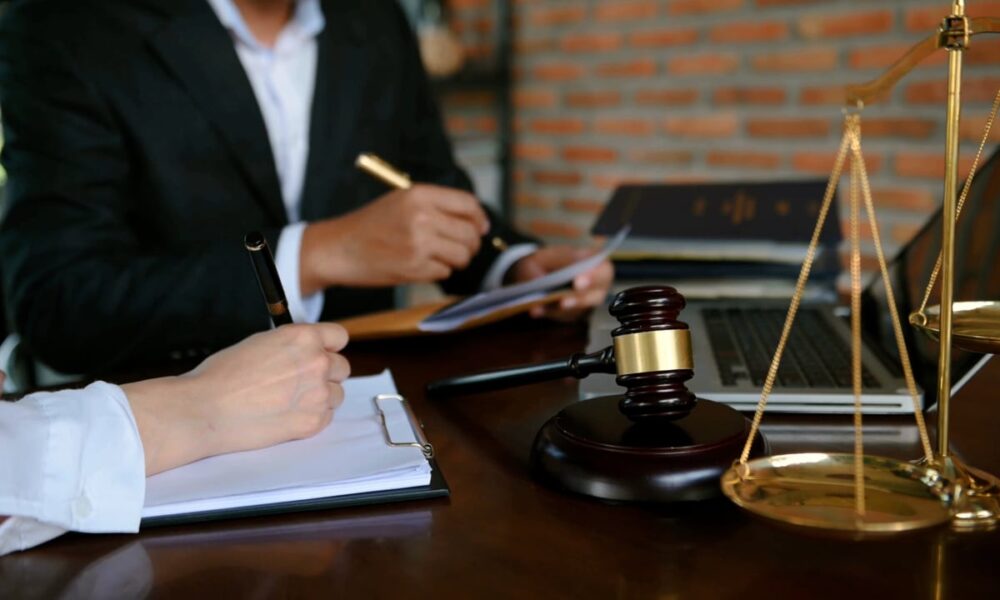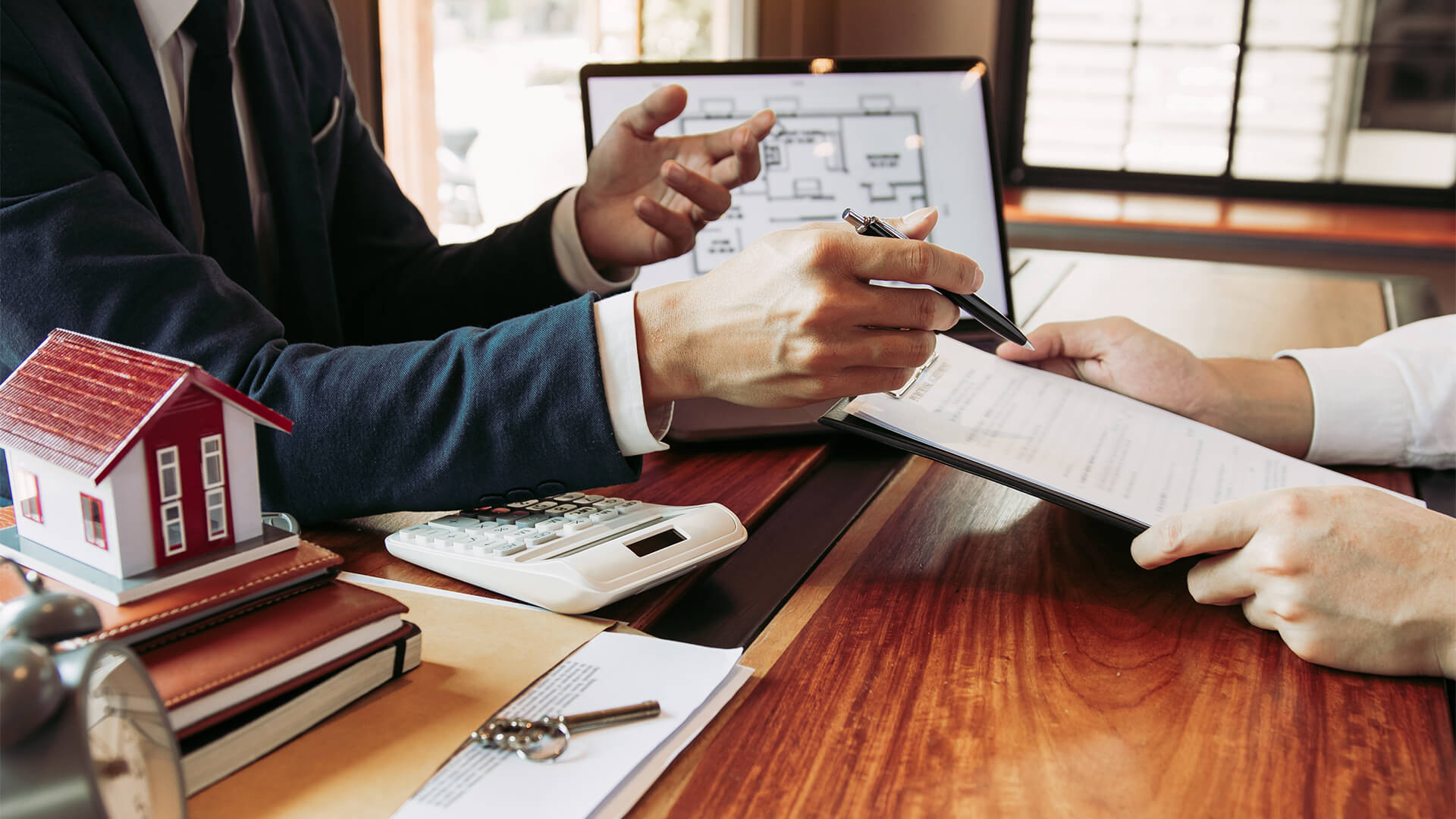Should someone get hurt on your property, you can find yourself legally liable. We term this premises liability. For homeowners, these assertions can be costly and upsetting. The good news is that you can guard yourself and lower your risk of being discovered to be negligent. Knowing your rights and applying clever tactics will help to keep your house and you safe.
This is a guide on premises liability and how homeowners could fight such accusations.
Premises Liability: Definition
Premises liability holds that property owners have a legal obligation to keep their house or land free from hazards for guests. Should a dangerous condition such as a wet floor, damaged stairs, or inadequate lighting cause injury that person may attempt to hold the homeowner liable.
Homes owners are not always at blame, though. Defense methods then come in really handy.
Typical Defense Techniques for Houseowners
1. Lack of Knowledge or Notices
One solid defense is showing that you had no reason to know and lacked knowledge of the hazard. Should the risk materialize suddenly—that of a spill or a broken step—you might not be held liable. Homeowners are only expected to address issues they either know about or should reasonably know about.
2. The Hazard Was Clearly Visible
Should the risk be obvious and clear—that of a large hole or slippery patch—the wounded individual may be either partially or totally responsible. The court might rule they ought to have seen and avoided it.
3. Relative Negligence
The harmed individual may occasionally share blame. Your portion of the blame can be less, for instance, if they ignored warning signs or texted while walking. Many states apply the “comparative negligence” theory, in which case each side bears responsibility depending on degree of guilt.
4. Violating Policies
Trespassing visitors are not entitled the same degree of consideration as those paid guests. You might have a stronger case if someone was on your land without permission. Though there are few exceptions—such as if the trespasser was a youngster or if the homeowner set a trap—in many circumstances this is a legitimate defense.
5. Regular Maintenance Was Completed
Maintaining documentation of house upkeep supports your responsible behavior. Pictures, documentation on inspections, or contractor receipts might highlight efforts toward injury prevention.
Strategies for Self-Protection Prior to a Claim
- Quickly fix dangers. Right instantly fix cracked sidewalks, broken stairs, and loose railings.
- Post warning signs indicating whether you have a dog or whether flooring are moist.
- Add illumination; well-lit walkways reduce trips and falls.
Maintaining homeowners insurance will help to pay damages or legal fees should someone file a lawsuit.
Conclusion
Though lawsuits for premises liability might be significant, homeowners have options to guard themselves. You can reduce your risk by keeping solid records, knowing your legal rights, and being current on home safety. See a qualified attorney to assist you in developing a strong defense should a claim ever surface. One can see a great difference by being ready.
This post was written by a professional at The Demps Law Firm, PLLC. The Demps Law Firm, PLLC, located in Wesley Chapel, proudly serves Pasco and Hillsborough counties with dedicated legal representation. We are your criminal attorneys in Tampa FL, the firm handles a wide range of cases, including automobile accidents, premises liability, slip and falls, wrongful death, and commercial auto accidents. On the criminal defense side, they provide experienced counsel for DUI charges, drug offenses, and gun possession cases. The firm is committed to delivering personalized service, fighting for the rights of clients, and ensuring justice is served. Whether you’ve been injured or are facing criminal charges, The Demps Law Firm, PLLC is your trusted advocate every step of the way.




